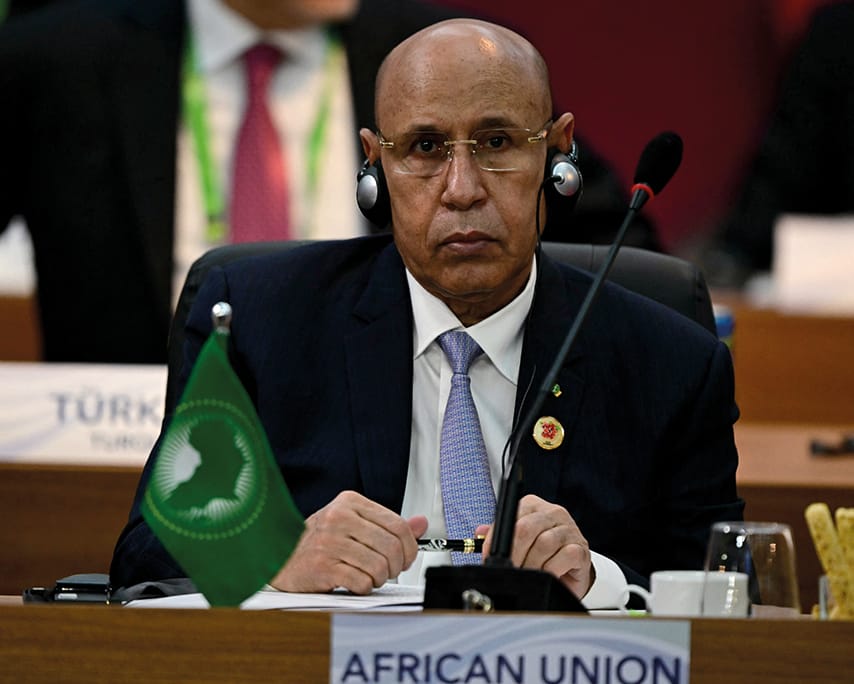African Statistics Day
Every year on November 18, Africa celebrates African Statistics Day (ASD) to raise public awareness of statistics’ essential role in shaping Africa’s social and economic development. By highlighting the significance of high-quality data, this day emphasises how reliable, accessible statistics serve as the foundation for effective planning, policymaking, and governance. In 2024, ASD’s theme aligns with the African Union’s focus on “Educate and Skill Africa for the 21st Century,” underscoring the importance of modernising Africa’s data ecosystem to meet the continent’s growing needs in education, skills development, and technological advancement.
Statistics are indispensable for sustainable development, as they guide the allocation of resources, inform public policies, and help measure the impact of those policies. The current theme urgently calls for Africa to take bold steps to update its data systems and make data more reliable, timely, and inclusive of various societal needs. With this modernisation, African countries can better understand and address complex issues such as educational gaps, healthcare challenges, economic inequalities, and climate change resilience. The quality of data directly impacts national and regional progress, as well-informed decision-making is only possible with accurate, up-to-date information.
Education, which serves as a fundamental pillar for societal progress, relies heavily on data to identify areas of need and assess the effectiveness of educational policies. For Africa to cultivate a generation skilled and prepared for the 21st century, it is vital to understand the existing educational barriers and develop data-driven solutions. To achieve this, African countries must modernise the production and dissemination of educational statistics that are accurate and actionable. Such statistics allow educators, policymakers, and development organisations to better plan and implement initiatives that improve literacy rates, increase access to technology, and bridge gaps in Science, Technology, Engineering, and Mathematics (STEM) education across the continent.
Creating a strong and reliable system for collecting, storing, and sharing data across Africa is challenging due to limited resources, technology, and skilled experts. Currently, data systems in Africa struggle with issues like lack of funding, outdated technology, and a shortage of experienced professionals, which can hinder the accuracy and availability of important information. However, by prioritising and focusing on improving these areas, Africa has the potential to build a robust data system that serves a wide range of people and organisations. This includes “macro stakeholders,” like government agencies, and “micro stakeholders,” like small community organisations. The goal is to make data accessible and easy to understand so that large institutions and smaller local groups can use reliable information to make informed decisions, plan effectively, and improve outcomes in areas like health, education, and economic development.
A major opportunity lies in leveraging big data and technological innovation to make statistics more accessible and impactful. African countries can create a more comprehensive and up-to-date picture of societal needs and progress by integrating new data sources, such as satellite imagery, mobile phone data, and social media trends. When combined with traditional data sources, big data enables a richer understanding of trends and patterns, allowing for more responsive, evidence-based decision-making.
African Statistics Day serves as a reminder of the vital role data plays in Africa’s development and the importance of modernising data systems to support the continent’s vision for the future. Reliable data is a cornerstone of good governance, enabling Africa to plan and implement policies that improve lives and strengthen economies. Africa is taking a crucial step toward a prosperous and sustainable future by advancing education and data capabilities.



